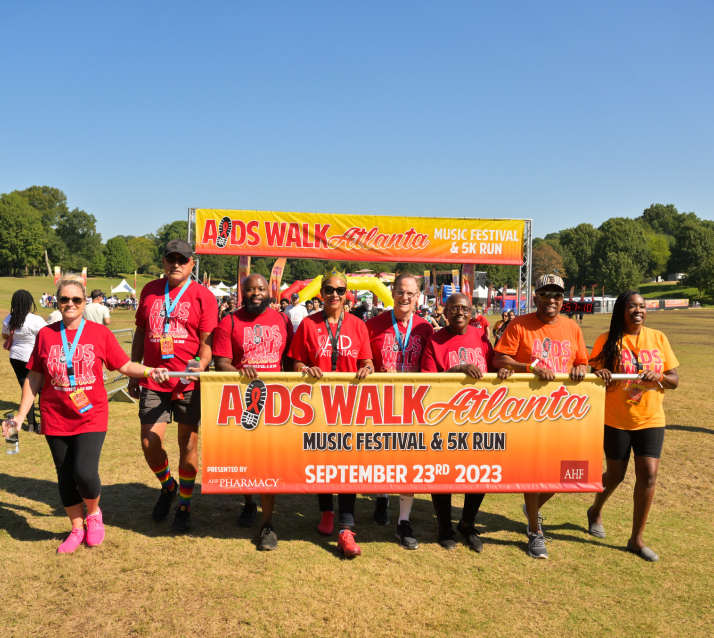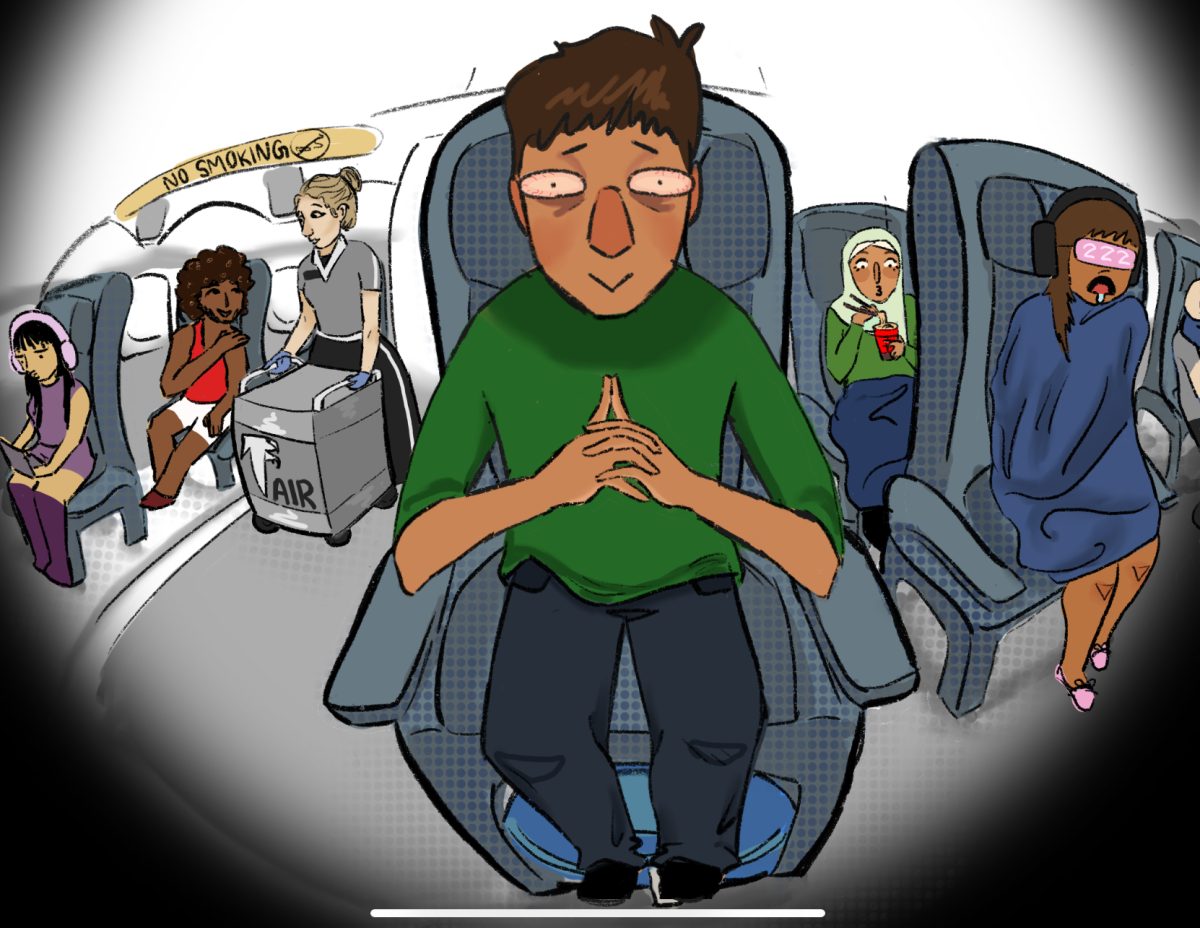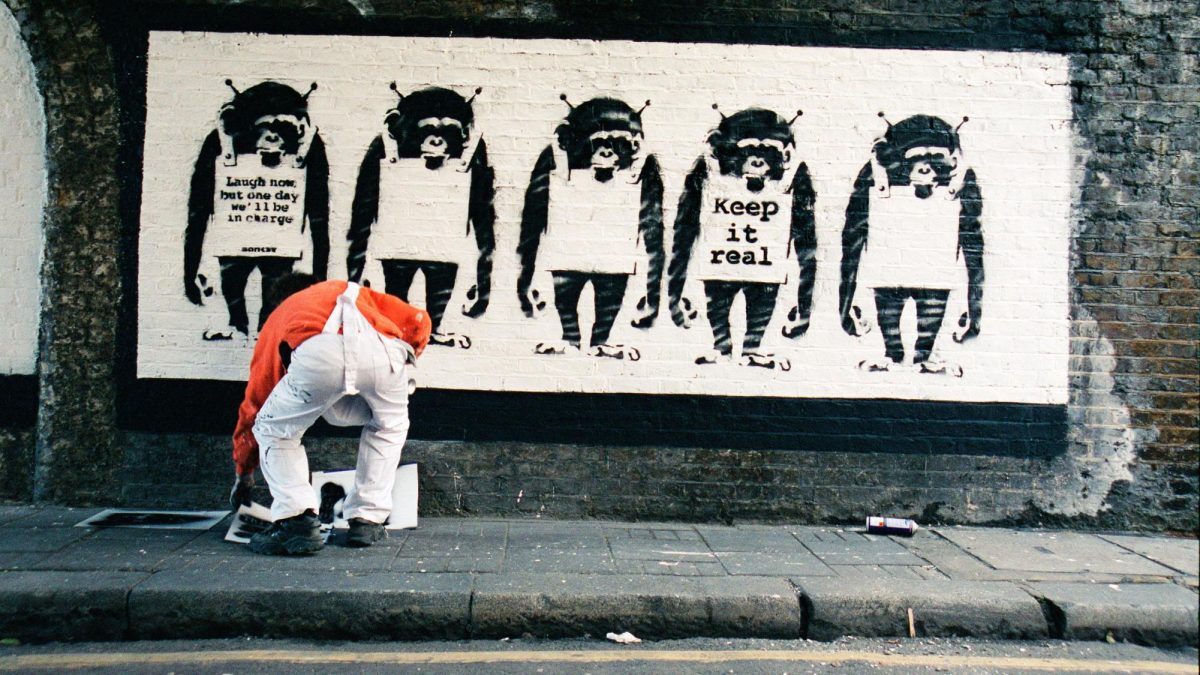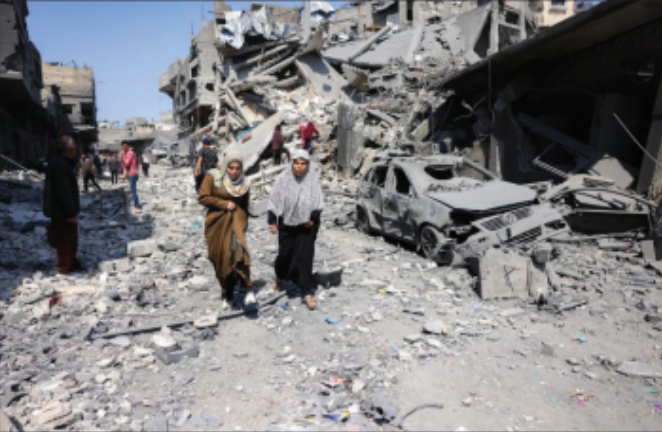While American cities such as San Francisco and New York are working to end AIDS, implementing healthcare initiatives such as mobile testing centers, Atlanta’s Black gay and bisexual men continue to be heavily impacted by the crisis. In Georgia, where AIDS is still the leading cause of death for Black men between the ages of 35 and 44, urgent change is desperately needed.
This issue stems from a “tremendous stigma in many Black communities around being gay or bisexual or having HIV,” Patrick Sullivan, an epidemiology professor at Emory’s Rollins School of Public Health, shared with the Emory Health Digest. “We need everyone working together to address all the things that keep people from getting the diagnosis and treatment they need,” adds Wendy Armstrong, director of the Ponce de Leon Center at Emory University.
During the AIDS Pandemic, millions of lives were lost. Stories were forgotten, too, because of the tremendous stigma surrounding homosexuality. During the height of the crisis, bodies were being thrown into trash bins and without proper burial because people were so afraid of the disease that they would not go near gay dead bodies. Boys, not much older than high school students, were randomly dying of a disease that they refused to tell anyone about because they were ashamed of their sexuality. Families would travel to AIDS hotspots like Manhattan or San Francisco, only to see their children, brothers, or friends, emaciated and barely able to support themselves.
The AIDS Pandemic demonstrated the major impact that small actions can have. Some of the best known instances were Princess Diana’s willingness to shake hands with AIDS patients at London’s Middlesex Hospital without gloves, or the photo of David Kirby published by TIME Magazine in 1990 which quickly became known as the “photo that changed the face of AIDS.” The movement to destigmatize the AIDS pandemic in the 90s demonstrated how raising awareness about national or global issues is necessary. to begin the process of creating meaningful change.
AIDS isn’t an issue limited to Georgia. 44% of people with HIV and half of all new HIV diagnoses in the United States come from the American South. Stemming from stigmas and a lack of funding and concentration, AIDS disproportionately impacts people in the South. Exacerbating the issue is a lack of education: in many states, AIDS isn’t required to be discussed in history classes and is often forgotten—or, when discussed, mentioned through the lens of the past, ignoring the struggles of the millions of people that are still suffering with the disease. Under a conservative presidential administration that seeks to limit educational narratives and discussion of queer history, as well as the lack of LGBTQ+ inclusive sexual education in high schools, the issue will only continue.
Atlanta is uniquely positioned to reshape the narrative around AIDS. The question is no longer whether we can end the AIDS crisis in Atlanta, but whether we have the willingness and conviction to do so. The public’s answer must be yes—for the sake of those we’ve lost, those still fighting, and those who deserve a future free from the shadow of this preventable disease, the fight is not a choice but a necessity. The AIDS Pandemic shows the power that small voices can make in creating change, so whether in addressing global health crises or climate change, find your scope and begin creating the change one hopes to see.













